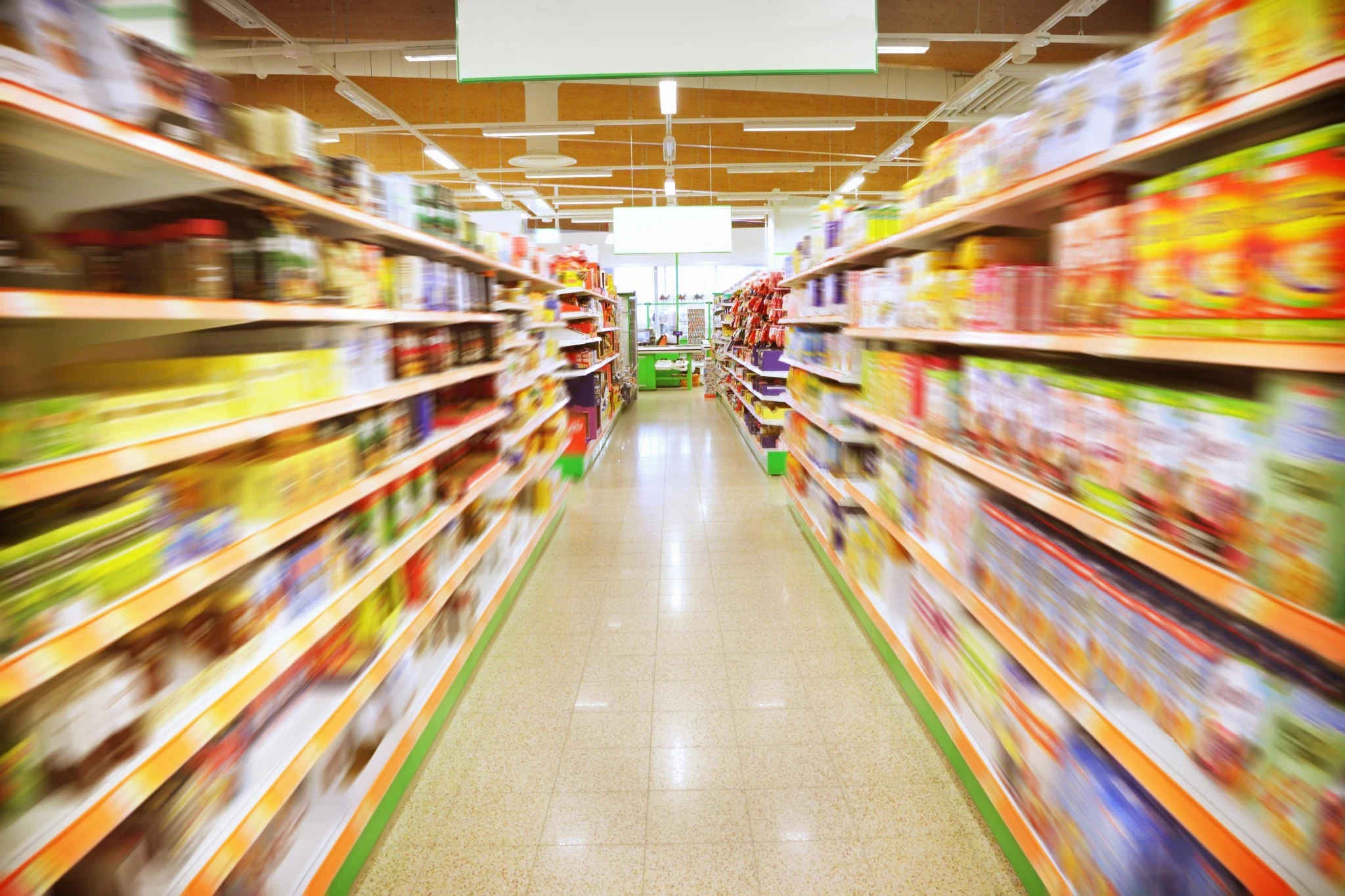If you’ve ever been inside a warehouse club like Sam’s Club or Costco, you’ve probably experienced the urge to buy massive quantities of stuff you may or may not need, all in the name of saving money.
Any why not? It’s like Walmart for giants, complete with gigantic bags of chips and batteries to last for decades.
Part of you wants to get a truck and load it full of every item you can find in an attempt to save loads of money and stock your pantry like a doomsday prepper.
But what if some of the things you’re buying in bulk aren’t necessarily best when purchased in bulk?
Aside from the obvious ones, like fruit and bread, there are certain items that are better off being purchased in smaller quantities - and the list might surprise you.
So here are 9 items you’re better off not purchasing in bulk at warehouse clubs.
Eggs
Unless you’re downing large quantities of eggs, as in a couple a day, don’t buy them in bulk.
They’re only good for a few weeks, and they’re usually more expensive when you buy them at a warehouse store as opposed to purchasing a dozen from a grocery store.
Fun fact: You can freeze eggs and they’ll last a long time (up to a year according to one source), just not in their shells.
Whole Grains
Whole grains contain healthy oils that enriched grains (like white rice, white bread, etc.) no longer have. While these healthy oils in whole grain foods are good for you, they cause them to go bad quicker than the enriched version.
Whole grain foods include whole wheat flour, brown rice, whole grain cereals, and whole grain or whole wheat bread (although bread shouldn’t be purchased in bulk anyways).
Not only will whole grain products go bad quicker, but you can also usually find them cheaper at a supermarket. For example, whole wheat flour is cheaper at Walmart, just under $0.73/lb, as opposed to just over $0.92/lb at Sam’s Club.
Keep in mind, this does not include oats. Oats can be stored at room temperature for a long time without going bad.
Nuts and Seeds
Similar to whole grains, nuts and seeds have healthy oils in them that will go bad typically within a few months. It might seem wise to buy huge bags of nuts to keep around for snacking or recipes, but you’ll be better off buying them in smaller quantities at your local supermarket.
Cooking Oil
As you probably know from reading the previous two points about whole grains, nuts, and seeds, oil itself is susceptible to going bad quickly. Even though it would be nice to keep a lifetime supply of oil on hand (because you always run out of oil at the worst times), you’ll be better off keeping fresh oil in your cabinet.
Condiments
Condiments are one of those things that seems like a really good idea to buy in bulk. After all, any of us use condiments on most things we eat, so why not buy huge tubs of ketchup, mustard, mayonnaise, etc.?
It really depends on how you're buying it. If you’re getting one huge tub, then you’ll need to make sure you can commit to eating it all within a reasonable time frame, as most ketchup with be bad within 6 months after opening it.
In all honesty, do you really need several gigantic tubs of ketchup and mayo? They might last a good bit in the fridge after they’re opened, but they’ll lose their freshness after a while.
The main problem with buying condiments in bulk is, you can typically find them for much cheaper in the grocery stores when they go on sale.
Skincare Products
Did you know skincare products go bad? That’s right. Many of them only last 6 months or so, and then they become less effective and even run the risk of developing bacteria that can cause infection.
You may be tempted to purchase large quantities of skincare products from a warehouse store like Sam’s Club or Costco, but just stick to buying less at either a supermarket or retail store.
Sunscreen
Sunscreen has a very long shelf life - at room temperature. But how often does your sunscreen get left in room temperature?
Most people leave sunscreen in their beach bags, in their car, or by the pool (all of which are typically in the scorching heat). Hot temperatures can cause ultraviolet absorbing chemicals to break down, making your sunscreen effective.
So basically, don’t buy a ton of sunscreen at a time. Chances are, a few trips to the beach is all your sunscreen will be able to handle before you need to replace it.
Soda
In many cases, soda isn’t exactly a product supermarkets make tons of profit on. They typically run steep sales on soda in order to drive business.
Soda doesn’t last forever either. You would think with all the not-so-good-for-you ingredients and preservatives, it would at least last a long time. Most sodas will last around 6 months, but soda is always much better when it’s fresh.
So next time you’re thinking of stocking up on Coke so you never run out again, look around at your local supermarkets’ weekly ads and catch a sale on a smaller quantity instead.
Spices
Spices don’t necessarily go bad, but they do start to lose their flavor pretty quickly, and that’s something you definitely don’t want from the items that are supposed to add flavor to your food.
Generally speaking, you want your spices to be as fresh as possible when cooking with them, so don’t buy them in bulk just so they can sit on your shelf indefinitely. Your taste buds will thank you later.
